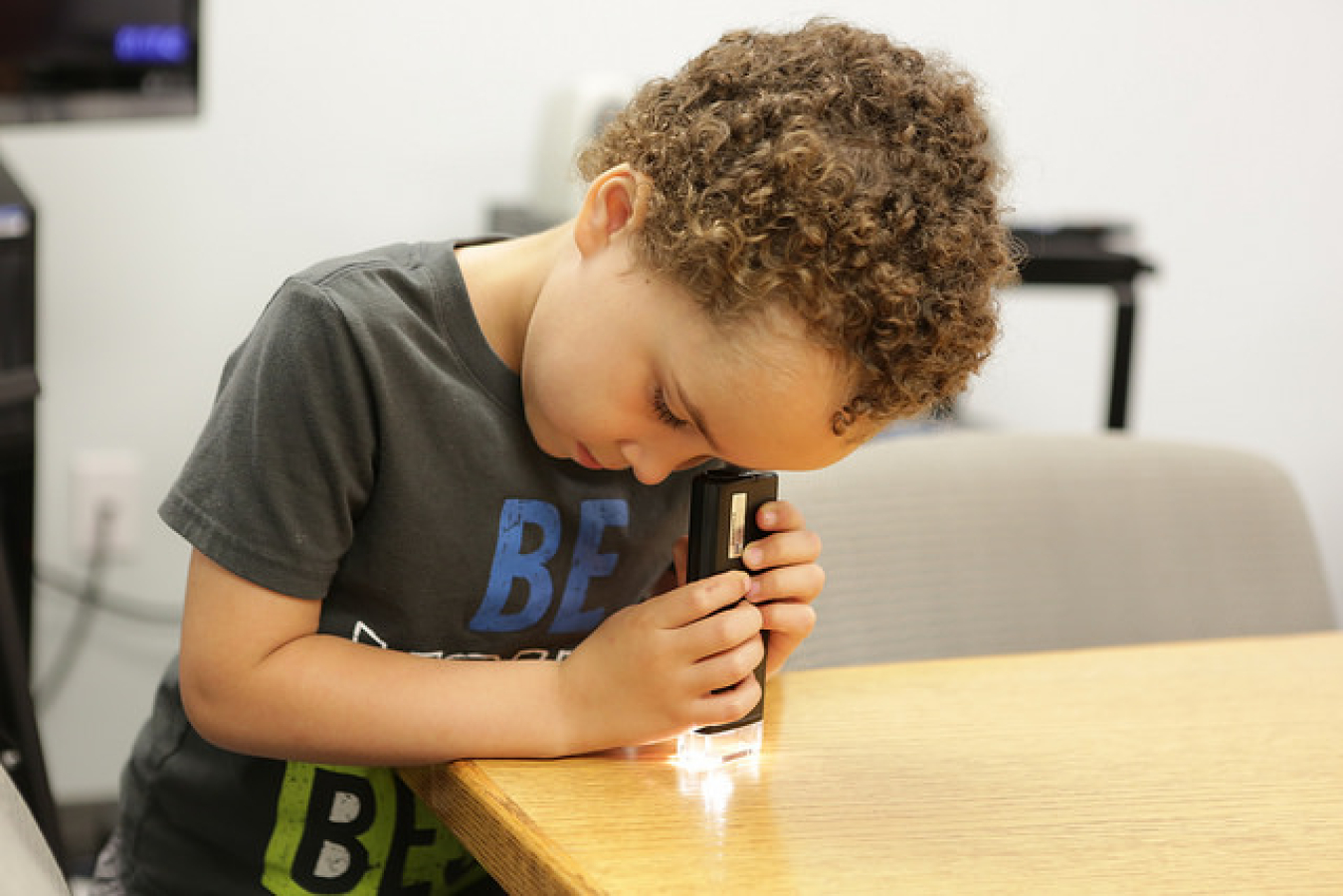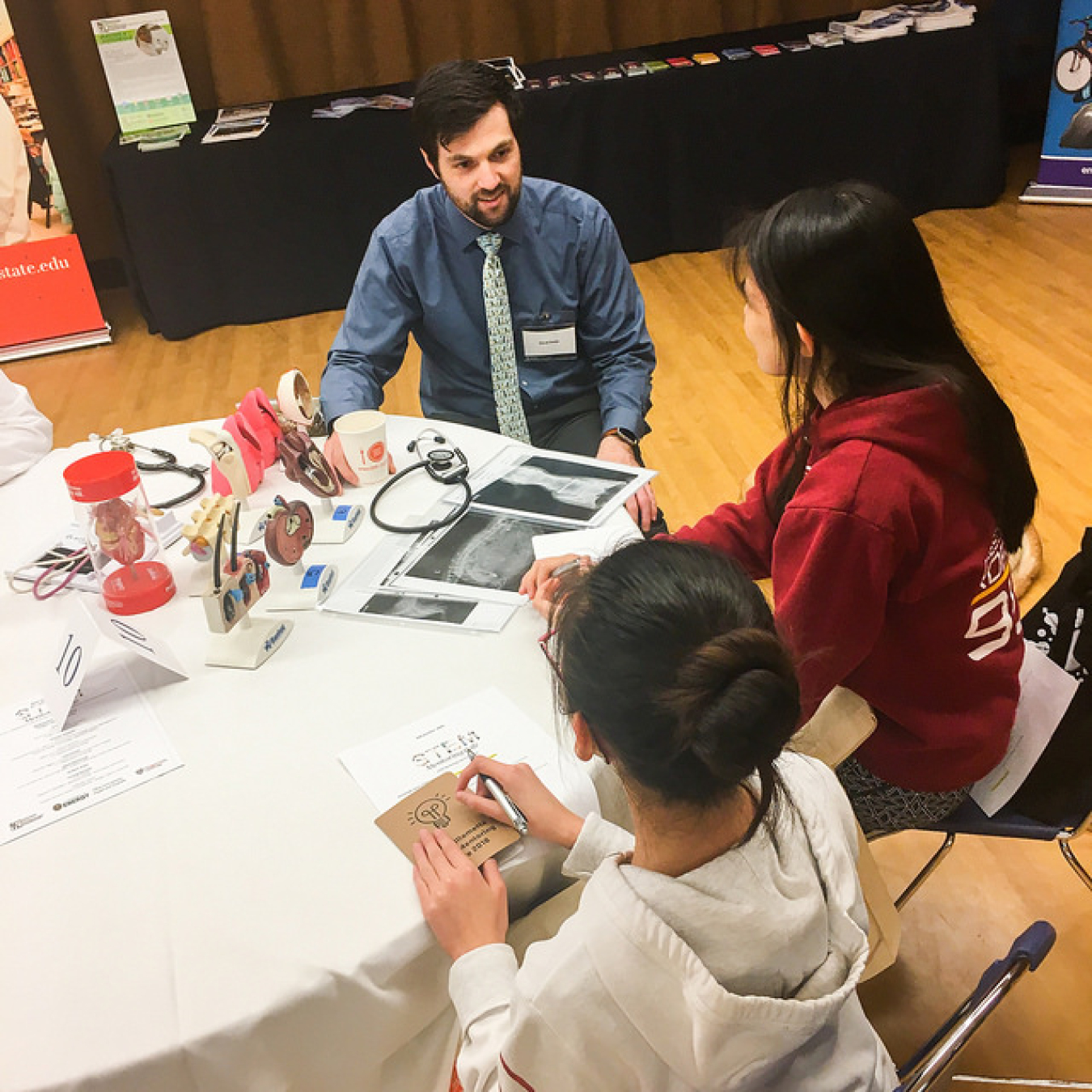
Like a lot of kids, I rode the bus to school. I still remember the dark winter mornings, traveling across snow-covered roads. I sat in the front of the bus because Pennsylvania winters are cold and that’s where the heater was.
The bus driver’s name was Tilly, and since I was right up front trying to stay warm, Tilly and I would chat. I don’t remember everything we talked about, but I remember Tilly was willing to give the students on the bus some advice when it came to school and life.
“When you graduate from school, you know what you need to do?” Tilly said, “You need to go back for more. You keep going until you can’t go anymore.”
I was a kid, and I took the advice in and stored it away, I suppose, because I stayed in school for many years and “kept going” to eventually earn a doctorate in chemical engineering. When I graduated high school, I intended to pursue four years of college and then get out in the world. I considered being a physician but I thought that would take way too long. Somewhere between high school graduation and earning my doctorate, Tilly’s advice must have kicked in.
I never imagined on those jostling bus rides that I would grow up to work at a National Laboratory, but now with 29 years behind me in technical and management positions at the National Energy Technology Laboratory (NETL), I can’t imagine any other path. It’s a path made possible through studying science, technology, engineering, and math (STEM).
Pursuing a STEM career was an easy decision for me. I have always been good in math and enjoyed it, and that talent proved itself very useful as I advanced through my high school science classes, particularly chemistry and physics. This is another advantageous aspect of STEM – the disciplines build on each other and help round out one’s knowledge, connecting pieces and creating a broader perspective and a vigorous tool for problem solving.

NETL has a strong program for enriching our up-and-coming STEM colleagues. We host interns and fellows from several programs, including Mickey Leland Energy Fellowship (MLEF) students, who come to NETL each summer and work together with our researchers. The students get real-life experience working in the lab and our researchers serve as mentors, sharing their knowledge on how the Lab is working to address our nation’s energy challenges. I’ve consistently heard from our NETL mentors about how rewarding it is to work with those who are new to the field, or new to research. The students bring an unjaded joy of discovery and enthusiasm for problem solving, which is further fueled by the chance to apply one’s education to real-world scenarios and experience the power of STEM at work.
For school-age kids, NETL’s holds teacher workshops to enhance excellence in STEM education. We often visit local schools in Pennsylvania and West Virginia with fun, hands-on activities to help open younger students’ eyes to the possibility of STEM. In Oregon, our researchers collaborated with DOE and Oregon State University at the STEM Mentoring Café – a unique event that connected students and educators interested in STEM with enthusiastic professionals. Students had the opportunity to speak one-on-one with our researchers, see samples of their work, and ask questions.
Now, when I reflect on my winter morning commutes with Tilly as the bus driver, I have a greater appreciation for his words and his value for education. It’s no great revelation to say the STEM fields are the life blood of our national labs and the foundation of our progress as a civilization. For those of us who work in research, we see the miracle of STEM every day and we know the power of applying the knowledge gained from these fields to large-scale problems.